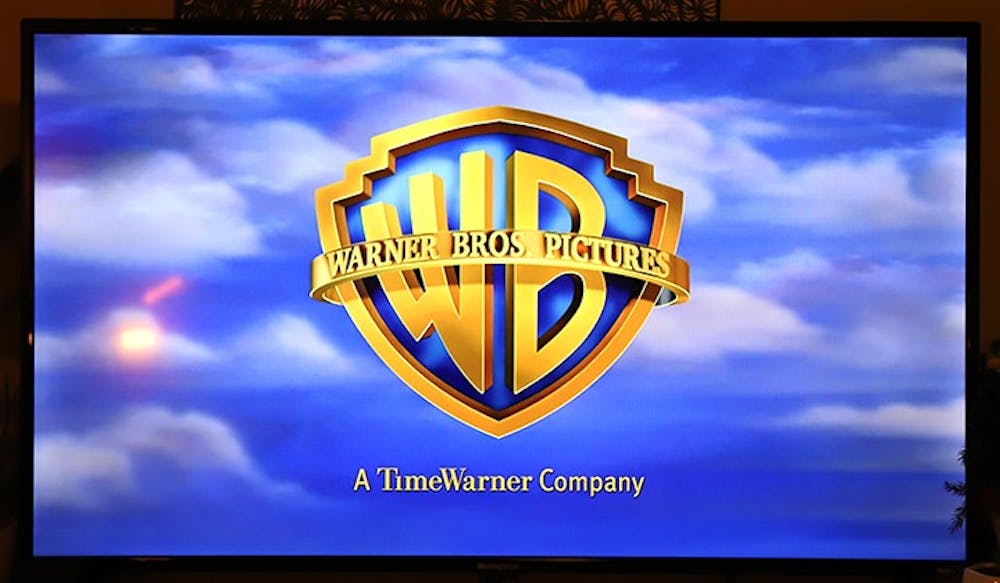With streaming habits becoming an ingrained behavior in American society, angst had risen over the long-term success of theaters before the pandemic hit, despite 2019 being a global record year at the box office.
After a nearly year-long waiting game that saw the major studios pushing back the release dates of their biggest films due to COVID-19, Warner Bros. announced in November that "Wonder Woman 1984" would premiere on its streaming platform, HBO Max, on Christmas Day in conjunction with its release in theaters.
On Dec. 3, 2020, Warner Bros. went a step further and announced its blockbuster films slated to be released in 2021 would be going straight to streaming upon release. With content available in so many ways online, exclusive new releases became the biggest draws for theaters. With this new decision to put movies right into people's homes, though, that draw has been destroyed.
It would be comforting to think of this decision by Warner Bros. as short-sighted, or that it might backfire if other studios won’t follow their lead, and that once a vaccine is widely distributed, theaters will return to their former glory.
This simply isn’t reality, as a closer look at trends and circumstances surrounding this decision reveals it is a dagger to the back of theater chains.
On May 27, 2020, Warner Media launched its new streaming platform HBO Max, with a library comparable to competitors such as Netflix and Hulu. It’s no coincidence Warner Media launched a streaming service shortly after it was obtained by AT&T in 2018 for $85 billion.
This merger is of sinister significance for theater chains. It is in the new owner’s interest — AT&T, a cell phone data company — to launch services that encourage customers to consume their content on mobile devices. AT&T has a vested interest in fewer people seeing new releases in a theater where audiences are pointedly told to turn off their cell phones.
The addition of blockbuster films to HBO Max at launch will almost certainly curb theater-going habits, which have already been severely ruptured by the pandemic. If it wasn’t normal behavior to scroll on Netflix to search for a new film before, staying inside for the entirety of 2020 solidified that behavior.
While there will always be theater lovers, it's hard to see a reality where the general population, which has been so conditioned to browse titles from their couch, will make the conscious choice to see films in a theater when it is available at the same time in their homes for a $15 monthly fee.
All of this will contribute to kill box office receipts, in 2021 and beyond, for films with notable commercial potency.
"Wonder Woman 1984" is a sequel to a superhero film that grossed over $400 million domestically. Other titles part of this Warner Bros move, such as "The Matrix 4," "Space Jam: A New Legacy" and "Dune" are almost sure-fire hits with similar potential.
Punting on this kind of cash is telling that debuting these films on streaming is a plan likely to carry on long after 2021.
It should be noted that in a press release, Warner Bros. revealed the release on streaming is only for one month; after that, it will be exclusively theatrical until its eventual release on home video. One doesn’t need to be a box office expert to know the first month is when most films make an overwhelming amount of their revenue. For example, "Avengers: Endgame" made 91% of its domestic gross in the first four weeks, a time window similar to how long movies would stream on HBO Max.
It’s unrealistic to expect theaters to survive with these huge cuts into their opening weekend crowds for their biggest films. They already needed to sell snacks at such an upcharge because studios take such a large cut of ticket sales. Unless that policy changes, which is unlikely given film studios' recent greedy actions, there will be more closures until the cinema is relegated to a niche experience.
Nothing is more thrilling than a big screen and an amped crowd at a blockbuster opening, but, unfortunately, mainstream movie-going is becoming a relic of America’s past.

